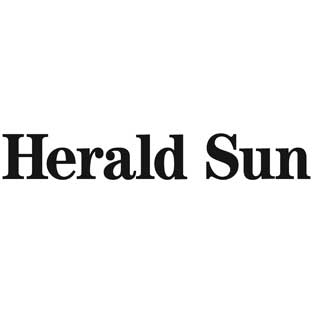Latest News

Herald Sun: 5 October, 2017
The Australian
By Sue Dunlevy 5 October 2017
Test rebate rejected:
Outrage over breast cancer ruling
NO Medicare rebate will be offered for a breakthrough new test that could save thousands of breast cancer patients from debilitating chemotherapy.
The $4500 test, which can also identify aggressive breast cancers that do need chemotherapy, is subsidised in the United Kingdom, the United States, Canada and Europe. But the Medical Services Advisory Committee has rejected a rebate for the Oncotype DX test for a fifth time.
Critics say the best treatment will now be available only to the rich. Doctors fear low-income earners will never even be offered the test.
“It’s beyond belief they can be so hard-hearted — they must be a bunch of men,” said Kari Svensen, 71, of Sydney, who was able to avoid chemotherapy thanks to the test.
Wendy Dunstone, of Melbourne, was not going to have chemotherapy until the test showed her cancer was an aggressive type. She was only
able to afford the test thanks to an inheritance.
Explaining its decision, the MSAC said the test had only an incremental benefit over the usual care of women with breast cancer. And it raised doubts about the treatment’s cost-effectiveness, saying it was concerned the test could be performed in only one US laboratory.
Melbourne breast surgeon Dr Jane O’Brien said the MSAC was missing the point. The test was not about saving lives but about stopping the over-treatment of women with chemotherapy that made no difference, she said. The test, measuring the expression of 21 cancer-related genes, is performed on a small amount of tissue removed during a lumpectomy.
Study results show that of every 100 patients tested after being prescribed chemotherapy and hormone therapy, 65 would be switched to hormone therapy only. Of every 100 patients prescribed hormone therapy only, 15 would be switched to chemotherapy as well. Between 900 and 2000 Australians a year would benefit from funding of the test.
It would cost $3-$6 million per annum, but this would be offset by savings from reduced chemotherapy, making the net impact $1.5-$3.5 million. A spokesman for Health Minister Greg Hunt said the committee was independent and had made its decision based on expert advice.
Opposition health spokeswoman Catherine King said genomic testing for cancer was the way of the future, and governments needed to do more.



